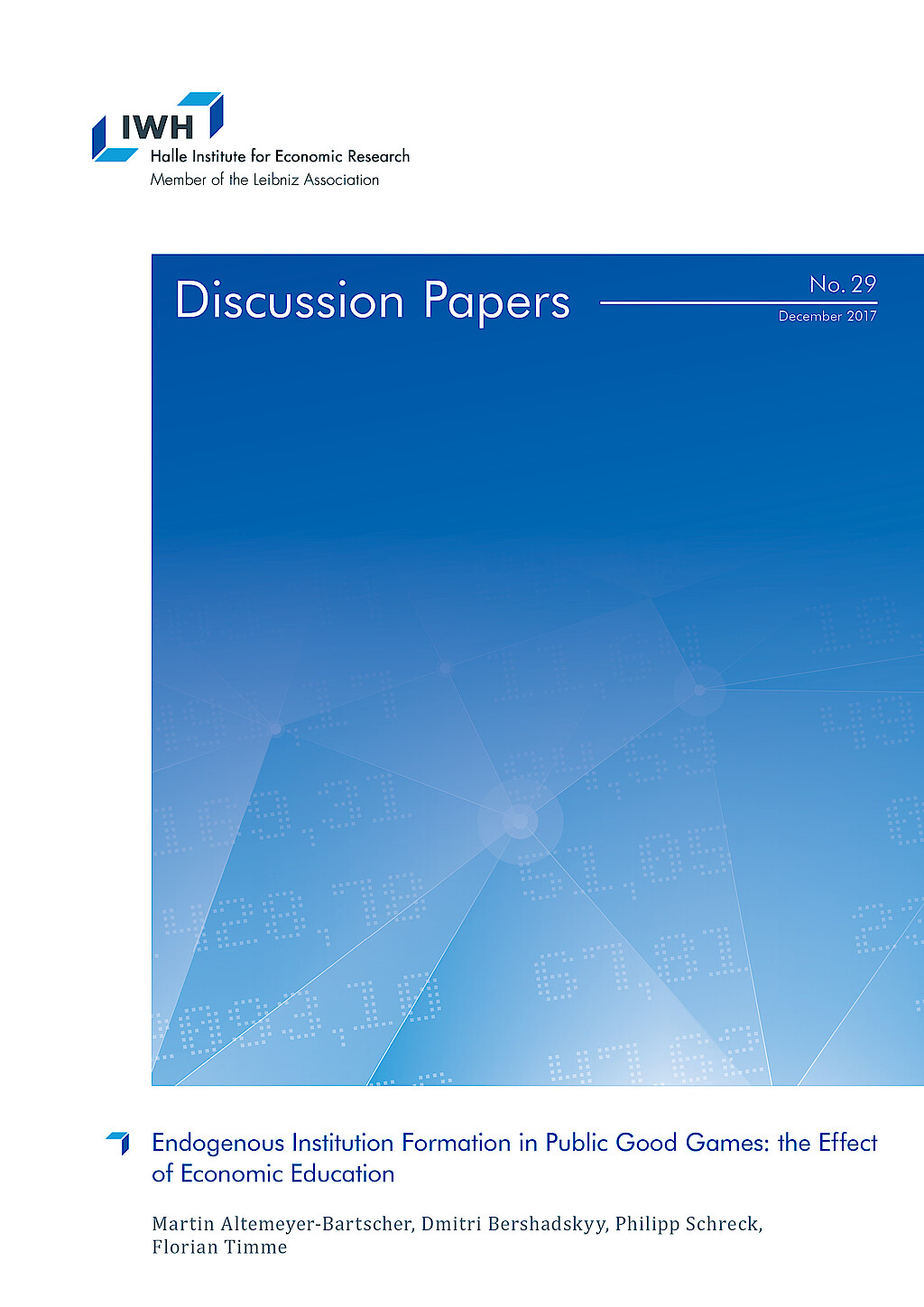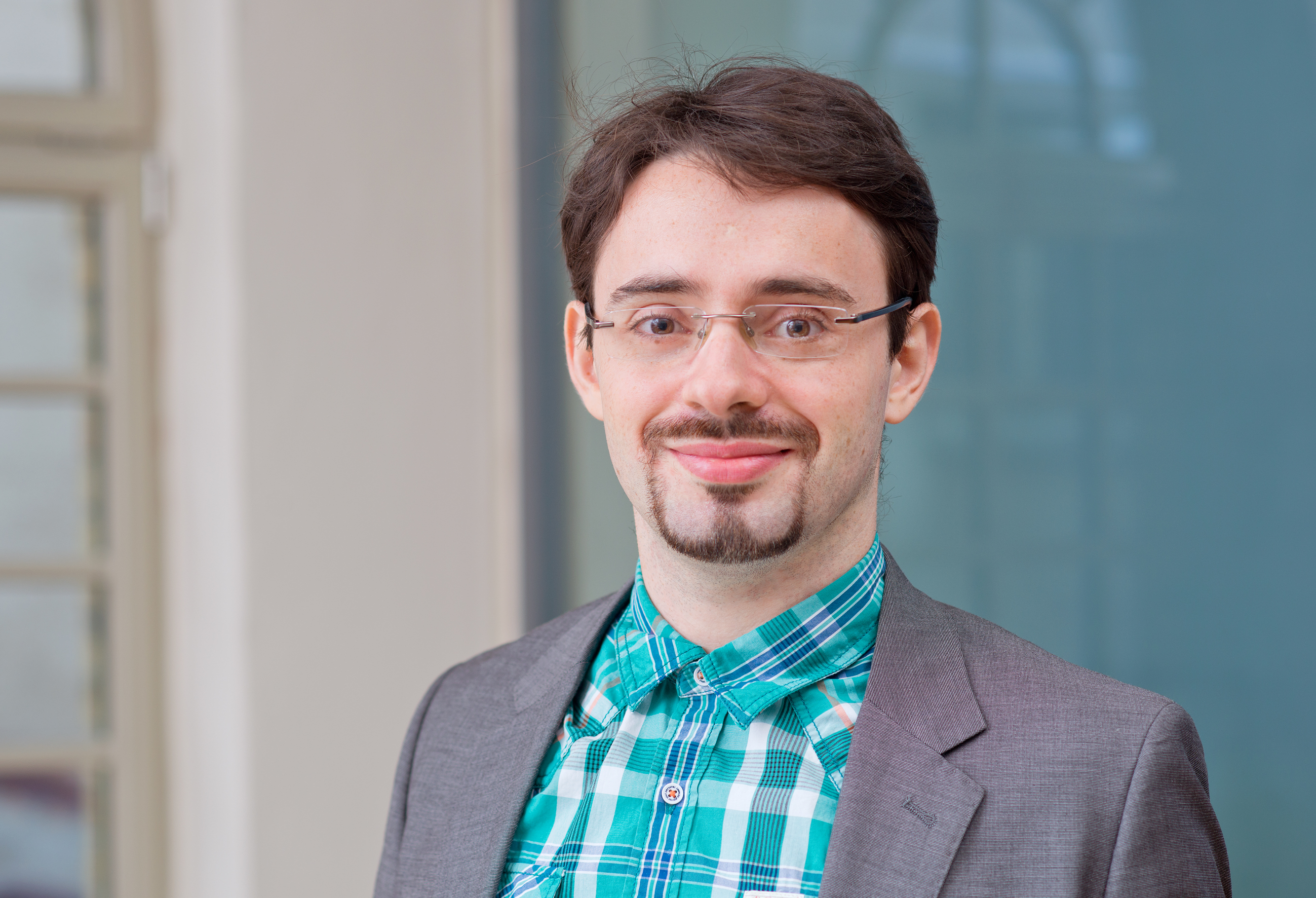
Endogenous Institution Formation in Public Good Games: The Effect of Economic Education
In a public good experiment, the paper analyses to which extent individuals with economic education behave differently in a second-order dilemma. Second-order dilemmas may arise, when individuals endogenously build up costly institutions that help to overcome a public good problem (first-order dilemma). The specific institution used in the experiment is a communication platform allowing for group communication before the first-order public good game takes place. The experimental results confirm the finding of the literature that economists tend to free ride more intensively in public good games than non-economists. The difference is the strongest in the end-game phase, yielding in the conclusion that the magnitude of the end-game effect depends on the share of economists in the pool of participants. When it comes to the building-up of institutions, the individual efficiency gain of the institution and its inherent cost function constitute the driving forces for the contribution behaviour. Providing an investment friendly environment yields in economists contributing more to the institution than non-economists. Therefore, we make clear that first-order results of a simple public good game cannot be simply applied for second-order incentive problems.





